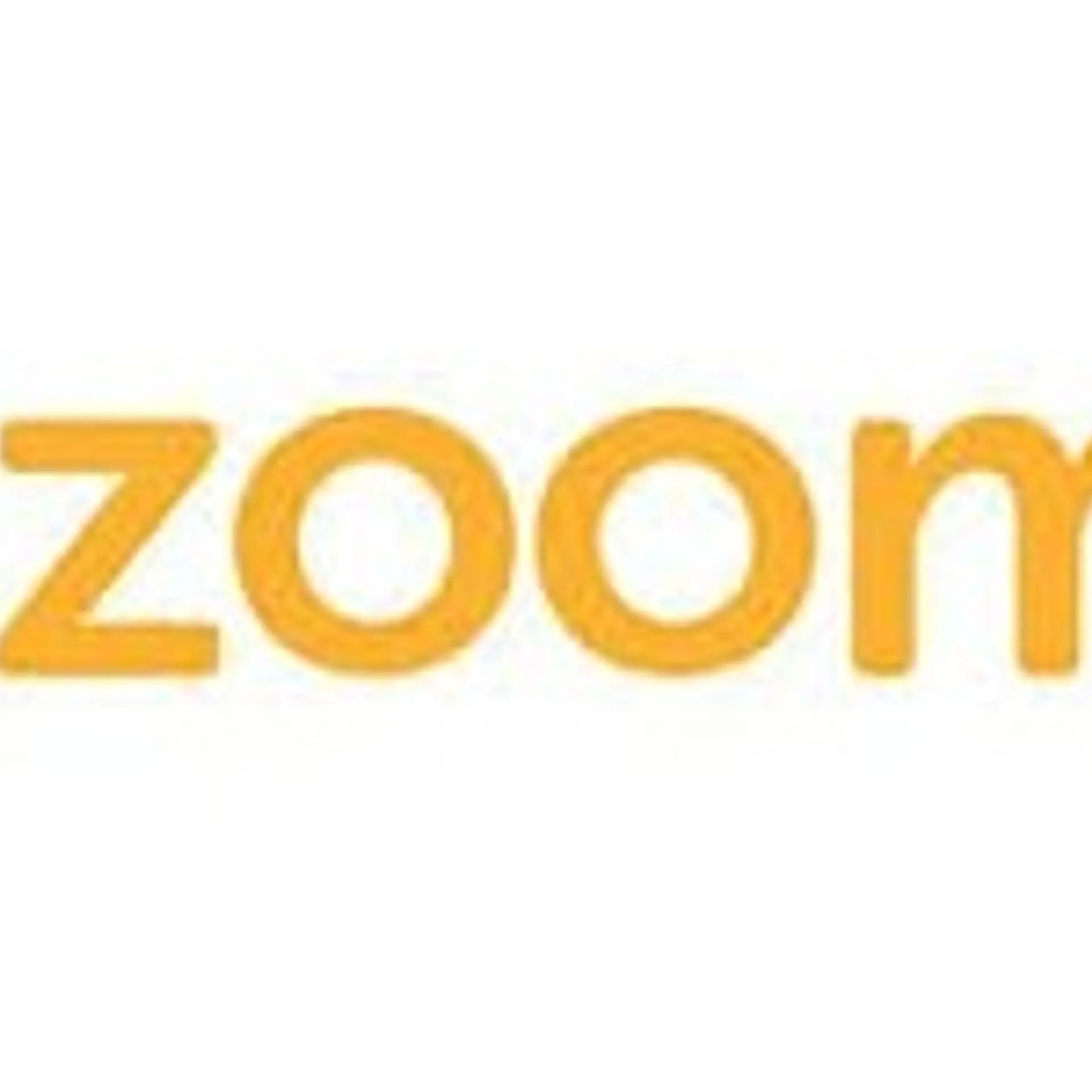

Tips for Best E-commerce Application Design
Strategies for Designing Beautiful E-commerce Application
People will always shop, whether offline or online. Building e-commerce applications have its own tricks. If customers can’t use the app, they won’t buy. That’s why intuitive interfaces and catchy designs are essential for an e-commerce app.
BoTree Technologies, an e-commerce app development company takes a consumer-centered approach. We analyze user behavior and design apps according to our clients’ needs.
How to Design a Successful E-commerce Application
Here are some strategies to help you build awesome e-commerce UI designs.
Catalog
Cataloging is important to let users browse through your products. Running A/B testing can reveal how your customers prefer to interact with your store’s app.
Simplified Menu
Sparing down the number of items in your menus can directly influence conversion rates since users will not feel cluttered with too many options.
Increasing the Size of Select Items
Customer attention spans are limited; they cannot absorb a huge grid of items simultaneously. In its study on e-commerce, Visual Website Optimizer stated that increasing the size of product images can increase conversion rates by as much as 10%.
Filters
In e-commerce application design, there are generally two types of filters- Broad(color) and Specific(price). The crucial question is how to arrange filters in an optimal way. Research shows that the price button is the most “clickable” among all filter buttons, followed by size, color, and materials.
Minimal User Input
The key to success lies in saving users’ time and effort day in and day out.
Show Related Products
Showing recommendations close to the features of a specific product previously searched can make the process of browsing much faster.
Fewer Clicks
Too many operations can be tiring and annoying. Keep the number of clicks to a minimum during browsing and checkout. This way you respect a user’s time.
Easy Sign-In Process
Not all the users will survive a complicated sign-in process regardless of how good your app is. This way you also risk losing on many buyers. So, it’s imperative to keep the sign-in/log-in process as simple as possible.
Shape and Color Marking
While building e-commerce applications, color or shape markers simplify navigation and maintain consistency of design. They enable users to remember the prompts and find the content they want easily. For e-commerce platforms which are usually full of numerous items, it can make the interface much more user-friendly.
Shopping Cart and Checkout
The cart is an extremely important element because it is here that customers may or may not abandon their mobile shopping leaving items in the cart without completing the checkout process. Your shopping cart should include elements like product summary, a field for promo codes, payment options, shipping methods, price breakdown, and buttons to continue shopping or proceed to checkout.
People shopping through mobiles don’t want a laborious process of registering a new account or feeding in credit details. They expect multiple payment options. They also expect a quick and secure checkout.
Get the Best E-commerce Application
These e-commerce UI design strategies can serve as a useful checklist to create impeccable e-commerce application designs.






